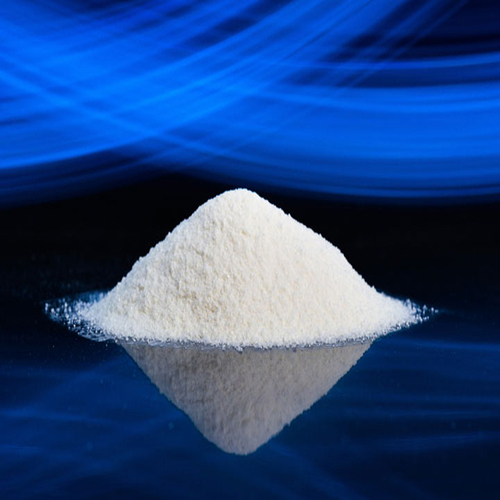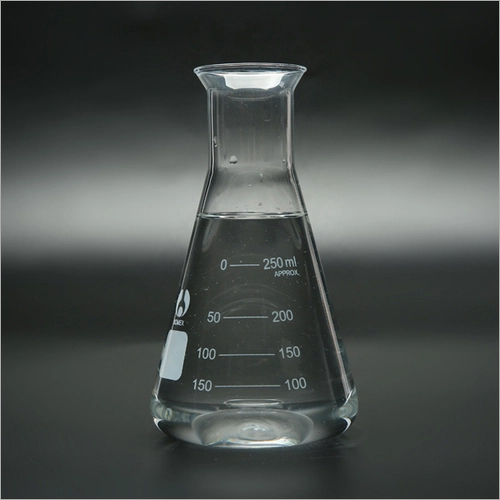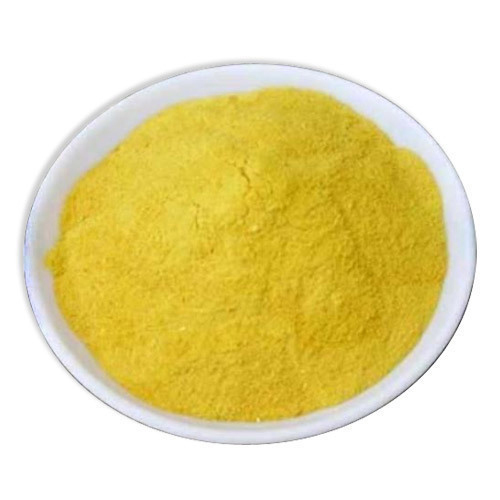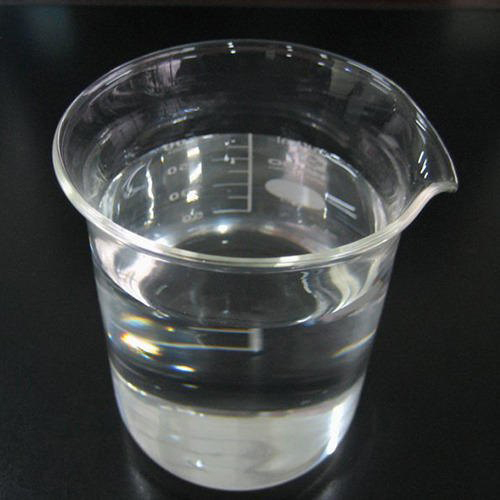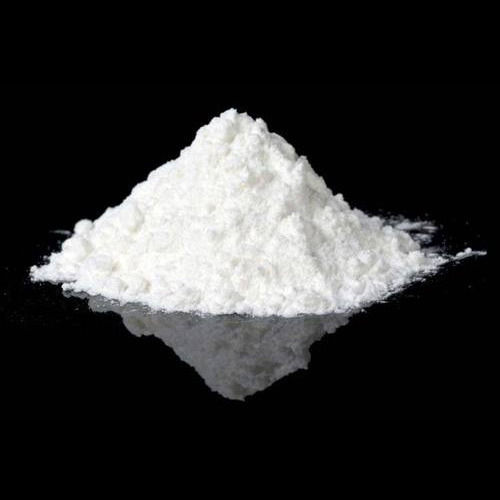
Sodium Sulphate
154.00 - 160.00 USD ($)/Ton
Product Details:
- Application Industrial
- CAS No 7757-82-6
- Molecular Formula Na2SO4
- Density 2.664 Gram per cubic centimeter(g/cm3)
- Shape Granules
- Physical Form Powder
- Usage Industrial
- Click to View more
X
Sodium Sulphate Price and Quantity
- 20 Ton
- 154.00 - 160.00 USD ($)/Ton
Sodium Sulphate Specifications
- Industrial
- Powder
- Na2SO4
- Granules
- 2.664 Gram per cubic centimeter(g/cm3)
- 7757-82-6
- Industrial
- Room Temperature
- white crystalline solid
- insoluble in ethanol, soluble in glycerol, water, and hydrogen iodide
- 884 C
- 1.468
- YES
Product Description
Sodium Sulphate is an inorganic class compound which physically appears as a white colored crystalline powder without any odor and moisture. It has a chemical formula of Na2SO4 with an average molecular mass of 142.042 grams per mol. This hygroscopic compound shows excellent stability at room temperature but shows high incompatibility with strong acids, aluminum, magnesium, strong bases. Sodium Sulphate has a density of 2.664 grams per cubic centimeters and shows good solubility with water at a solubility rate of 4.76 grams per 100 milliliters. The offered powdered compound can be used in a wide range of industrial as well as commercial applications.
Sodium Sulphate Properties:
1. Chemical Formula and Structure: The chemical formula of sodium sulfate is Na2SO4. It consists of two sodium (Na) ions, one sulfur (S) atom, and four oxygen (O) atoms. The structure of sodium sulfate can be described as an ionic compound with sodium ions and sulfate ions held together by electrostatic forces.
2. Physical State: Sodium sulfate is typically found as a white, crystalline powder or granules. It is odorless and has a slightly salty taste.
3. Solubility: Sodium sulfate is highly soluble in water. It forms an aqueous solution in which the sulfate ions and sodium ions dissociate.
4. Hydrates: Sodium sulfate can form several hydrates, meaning it can crystallize with a specific number of water molecules. The most common hydrate is the decahydrate, also known as Glauber's salt. This hydrated form readily loses water upon heating, eventually converting to the anhydrous (water-free) form.
5. Melting and Boiling Points: The anhydrous form of sodium sulfate has a melting point of about 884 degrees celsius (1623 degrees Fahrenheit) and does not have a well-defined boiling point due to its tendency to decompose at high temperatures.
6. pH: An aqueous solution of sodium sulfate is neutral, neither acidic nor basic.
Applications of Sodium Sulphate:
1. Detergents and Cleaning Products: Sodium sulfate is commonly used as a "filler" or "carrier" in powdered detergents, laundry detergents, and cleaning products. It helps improve the flow and distribution of the detergent particles and enhances the product's stability.
2. Textile and Paper Industry: Sodium sulfate is used in the textile industry as a leveling agent, helping to evenly distribute dyes and pigments on fabrics. In the paper industry, it's used as a cooking aid in the production of wood pulp to improve pulp yield and quality.
3. Glass Industry: Sodium sulfate is used in the glass industry as a fining agent to help remove small air bubbles and impurities from molten glass.
4. Chemical Industry: It serves as a raw material in the production of various chemicals, such as sodium sulfide (used in the leather industry), sodium silicate (used in detergents and as a binder in foundries), and other sodium compounds.
5. Medicine: Historically, sodium sulfate has been used as a laxative, particularly in the form of Glauber's salt (sodium sulfate decahydrate). However, its use for this purpose has largely been replaced by other medications.
6. Food Industry: In some countries, sodium sulfate may be used as a food additive, often listed as E number E514. It may be added to certain foods to control acidity and improve texture.
7. Oil Industry: In the oil industry, sodium sulfate is sometimes used in drilling fluids to increase the density of the fluid and to stabilize the borehole.
8. Cellulose and Rayon Production: Sodium sulfate is used in the production of cellulose and rayon fibers as a catalyst in the process.
9. Photography: Sodium sulfate has been used in the photographic industry to make certain chemicals and emulsions.
10. Animal Feed: In some cases, sodium sulfate is used as a dietary supplement for livestock to provide essential nutrients.
11. Laboratory and Research: Sodium sulfate is used in various laboratory procedures and experiments.
FAQ:
Q. What is sodium sulfate?
Ans: Sodium sulfate (Na2SO4) is an inorganic compound consisting of sodium ions and sulfate ions. It exists in various forms, including anhydrous (without water) and hydrated (with water) forms.
Q. What are the main uses of sodium sulfate?
Ans: Sodium sulfate is used in detergents, textiles, paper production, glass manufacturing, chemical synthesis, and other industrial applications. It has historical uses as a laxative and has been used in the food, oil, and photography industries.
Q. Is sodium sulfate safe?
Ans: Sodium sulfate is generally considered safe when handled and used properly. It's not highly toxic, but ingestion in large quantities could cause gastrointestinal discomfort. As with any chemical, proper safety precautions should be followed.
Q. How does sodium sulfate work in detergents?
Ans: Sodium sulfate is used in detergents as a filler or carrier. It helps improve the flow of detergent particles and stabilizes the product. It doesn't have a significant cleaning action itself but aids in the overall effectiveness of the detergent.
Q. What role does sodium sulfate play in the textile industry?
Ans: In textiles, sodium sulfate acts as a leveling agent, helping to evenly distribute dyes and pigments on fabrics. This ensures consistent coloration and enhances dye penetration.
Q. Can sodium sulfate be found in foods?
Ans: Sodium sulfate can be used as a food additive in some countries (E number E514) to control acidity and improve texture. However, its use in foods is relatively limited compared to other additives.
Q. Is sodium sulfate biodegradable?
Ans: Yes, sodium sulfate is considered biodegradable and doesn't persist in the environment.
Q. Is sodium sulfate used in medical applications today?
Ans: While sodium sulfate historically had medicinal uses, such as a laxative, its use for medical purposes has largely been replaced by other medications.
Q. What is the difference between anhydrous and hydrated sodium sulfate?
Ans: Anhydrous sodium sulfate contains no water molecules, while hydrated forms like Glauber's salt have water molecules incorporated into their crystal structure. The presence of water molecules can affect properties like solubility and stability.
Q. How does sodium sulfate impact the environment?
Ans: Sodium sulfate is generally considered environmentally friendly. It is biodegradable and doesn't cause long-term environmental harm when properly handled and disposed of.
Q. Are there any alternative uses for sodium sulfate?
Ans: Sodium sulfate's uses can vary widely depending on the industry and specific applications. Alternatives are often sought based on the desired properties and functions in each use case.
Enter Buying Requirement Details
Other Products in 'Industrial Chemical' category
 |
Chemtrade International Corporation
All Rights Reserved.(Terms of Use) Developed and Managed by Infocom Network Private Limited. |

 English
English Spanish
Spanish French
French German
German Italian
Italian Chinese (Simplified)
Chinese (Simplified) Japanese
Japanese Korean
Korean Arabic
Arabic Portuguese
Portuguese